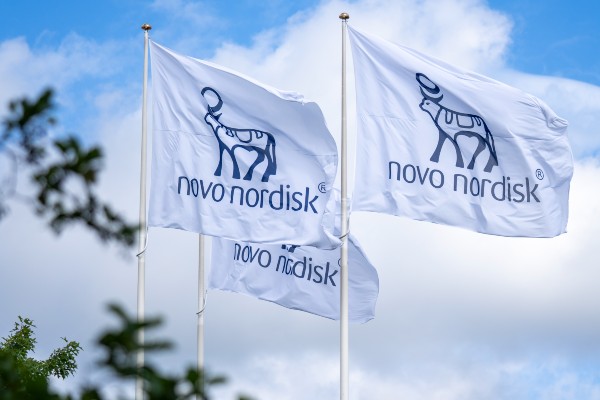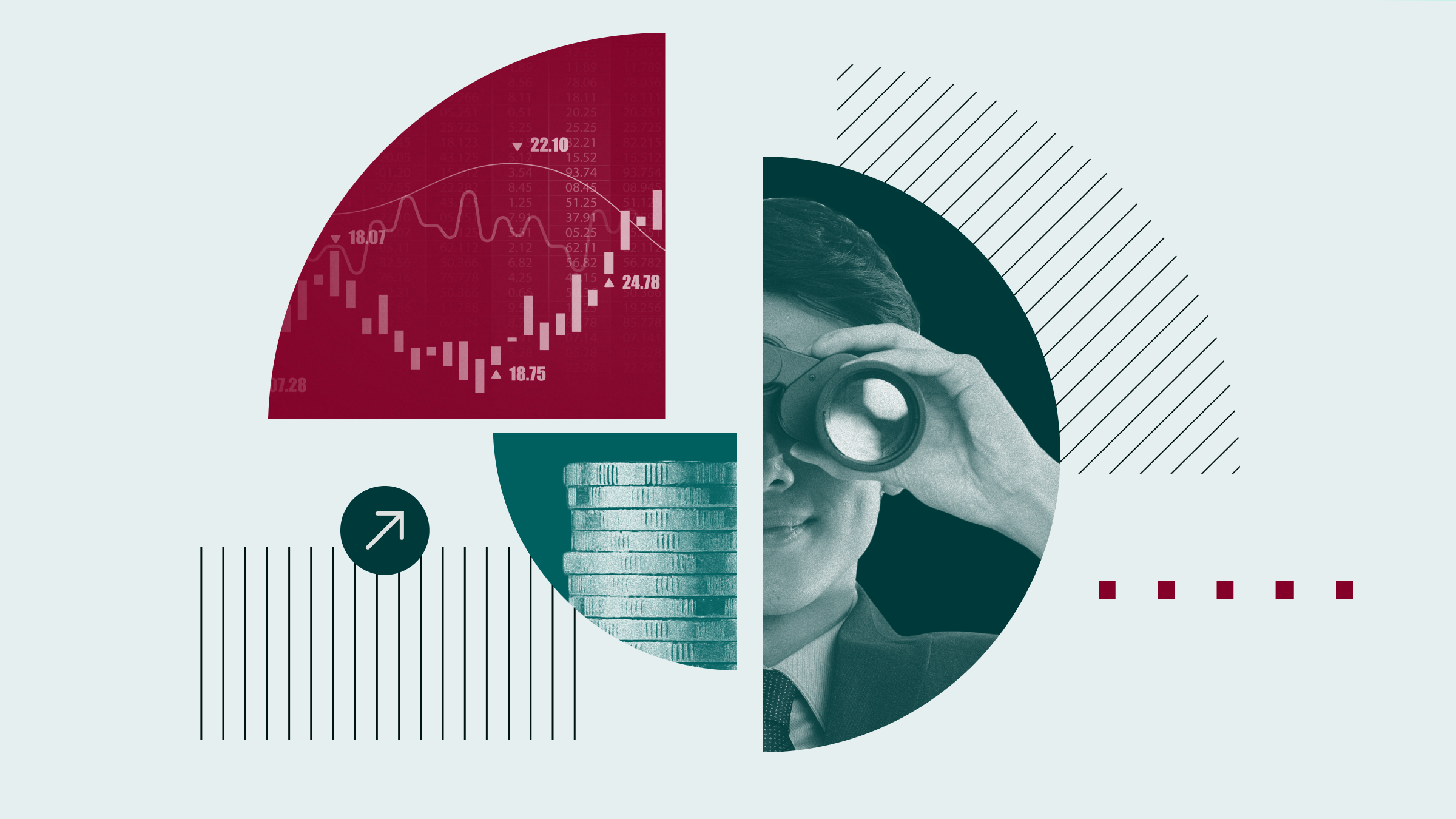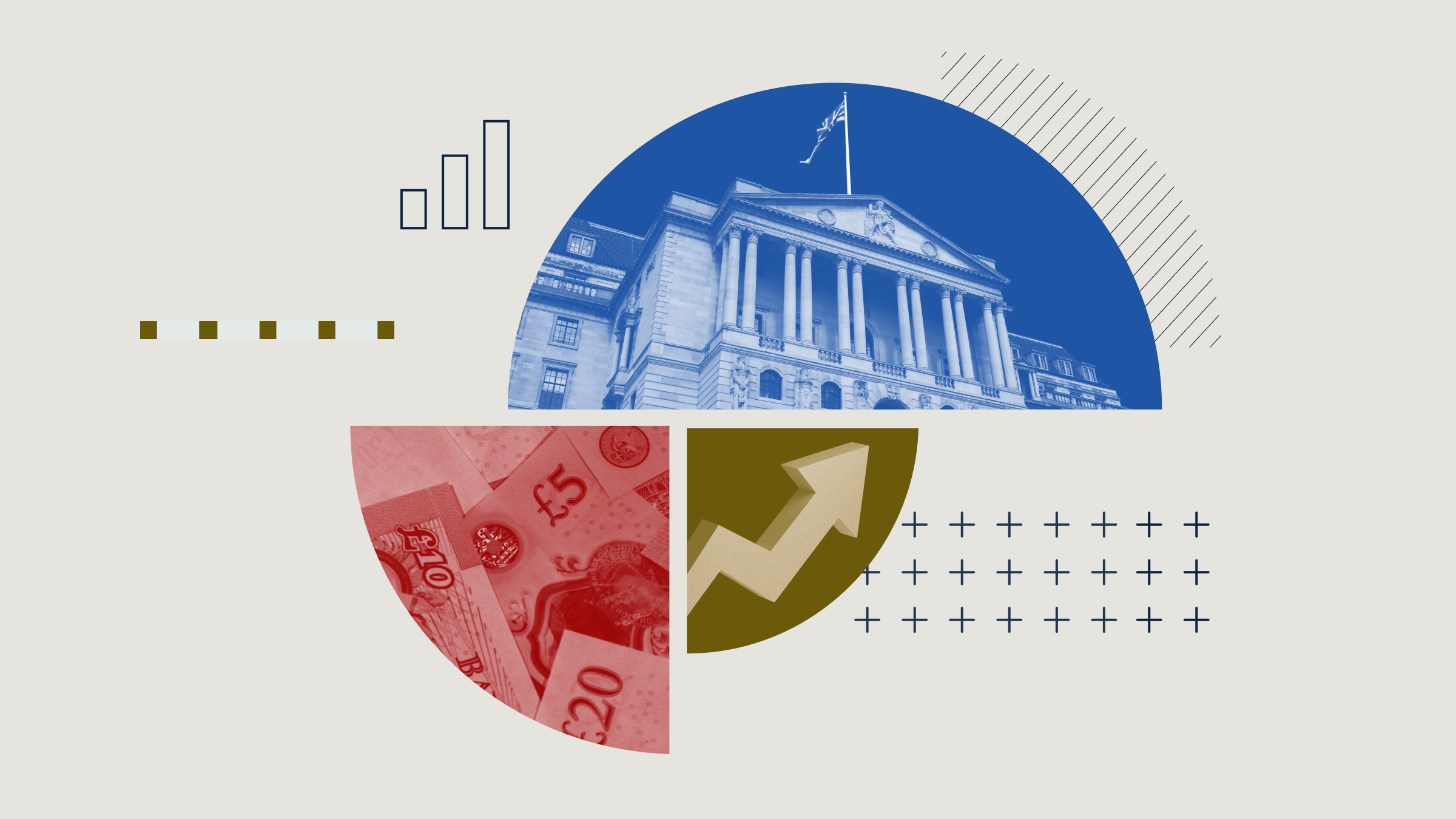
While many people fear that taking environment, social and governance (ESG) factors into accounting when investing could reduce their returns, Jonathan Starr’s focus on energy and healthcare has generated incredible gains of 700%.
Jonathan, who lives in Manchester with his wife, has been investing for more than 20 years. He holds a mixture of individual shares and funds through Isas and pensions, and tries to reflect his values through his investment choices.
“I’ve been a Greenpeace supporter for 20 years and only buy clothes from ethical companies,” he says, adding that such ESG credentials are crucial in his investment decisions too. “I try to find good companies in growth sectors, looking at areas that I think will do well in the future.”
That strategy has led him increasingly to investments in green energy and healthcare companies as well as funds such as Royal London Sustainable Growth. Meanwhile, he avoids high street retails, mining stocks and tends to avoid overseas businesses where the governance may not be as transparent as he would like. When it comes to funds, track record is important and he likes managers with a “straightforward” approach to investing.
“I’ve long been a fan of Terry Smith and invest in both Fundsmith Equity and the Smithson Investment Trust (SSON),” says Jonathan.
Fundsmith Equity is a popular fund, with £18 billion of assets under management. It has a coveted Gold Morningstar Analyst Rating as well as a five-star rating, indicating its strong performance. Indeed, the fund has delivered annualised returns of 21.27% over five years.
Smith’s investment philosophy is to buy and hold – ideally forever – high-quality businesses. Morningstar analysts describe the manager as an “original thinker” and rate his highly structured, disciplined approach.
The Smithson investment trust follows the same philosophy but focuses on smaller companies rather than large-caps, and it is not managed by Smith on a day-to-day basis.
My Healthcare Stocks Have Soared
A recent investment success has come in the form of Avacta Group (AVCT), which Jonathan bought shares in prior to the Covid-19 crisis. The UK-based firm develops medical diagnostic products used in the development of new drugs. Investors have seen incredible returns of 757% over the past 12 months on the back of increased demand for its services, according to Morningstar data.
Jonathan, who works in accountancy, also invests in Ergomed (ERGO), which provides services to the pharmaceutical industry and develops new drugs. Its share price has grown strongly with annualised returns of 60% over the past three years, and a rise of 131% over the past year alone.
Of course, not all of Jonathan’s investments have been so successful. “My investment in Tungsten (TUNG) was a total disaster,” he says. “I believed the hype of some high-flying City names and thought it was going to be a billion-pound company.”
Tungsten is involved in supply chain financing and provides an e-invoicing network. Back in 2014 its shares climbed steeply to a high of 391p before falling sharply the following year. Today shares trade at around 36p, giving investors total annualised losses of around 11.74% over the past five years. “The experience has taught me the importance of doing my own research and not just believing everything you are told, even if a big name is attached to the company,” reflects Jonathan.
Still, he accepts that investing – particularly in individual shares – always comes with a degree of risk, and this is something he quite enjoys: “There is an element of gambling about it but I find the whole business interesting and I enjoy researching companies and finding out what they do. It is endlessly fascinating.”
Jonathan hasn’t changed his strategy in light of the Covid-19 crisis, although the pandemic has steered him away from investments in certain industries such as a travel. He views his investment portfolio as a financial safety net for him, his wife and their three children: “I have lost my job more than once, so I know that having adequate savings can help remove some of the worry.”
He adds: “Investing can seem risky but to me it’s better than having a buy-to-let or second home, which can drive up property prices and make housing unaffordable for other people, something I find really sad. As I’ve got older, I’ve become more concerned about inequality and I try to reflect that in my investments.”




























